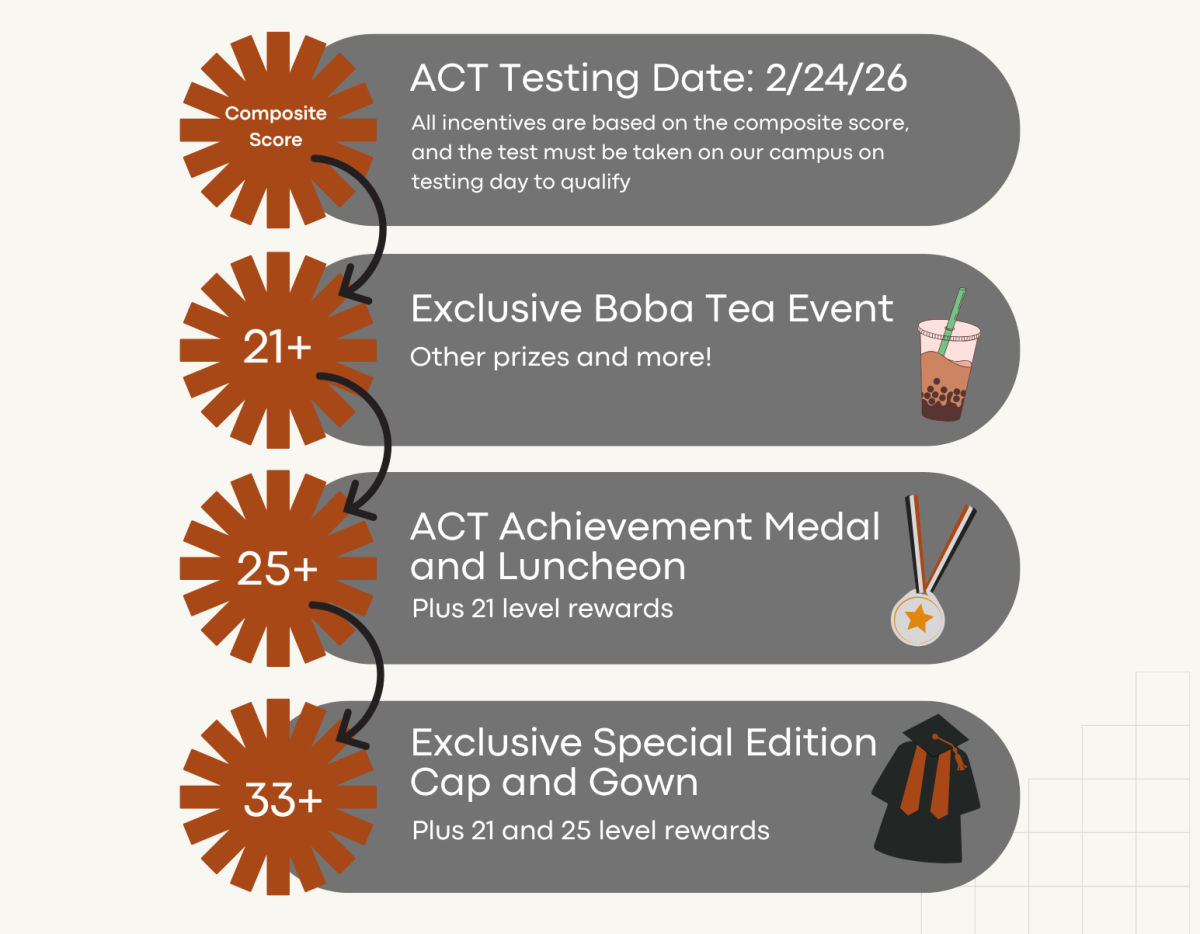As a way for students to have a more nuanced understanding of America’s constitutional debates, Joseph Juliano’s Political Science students participated in moot court cases.
“These moot courts are a great way to understand the topic of civil liberties because they help take the general ideas of rights like ‘freedom of speech’ or ‘unreasonable search and seizure’ and make them more practical through real world examples,” Juliano said. “We can see how these rights are practiced in America on a daily basis and the process of defining the scope of our rights.”
Students were placed in groups of nine, with five judges, two petitioners and two respondents. From a given list, groups were able to pick which Supreme Court case they would like to do a mock trial on ranging from a variety of different issues, such as the limits on student speech.
“I was a petitioner and we chose to do the Mahanoy School District v. BL case which had to do with limiting student speech even outside school if it was a targeted statement,” senior Ivan Wu said. “This case was really interesting because as students, we post on Snapchat all the time and we could actually imagine this happening in our lives.”
Mirroring Supreme Court oral arguments, both attorneys had seven minutes to present their case and three minutes for a rebuttal. During this time, judges questioned the attorney’s statements and asked questions.
“Although I was nervous to actually speak in front of the whole class, it was fun to answer the judges’ questions on the spot,” senior Ruth Shiferaw said. “The case my group chose was Maryland v. King and I was an attorney. I am hoping the judges side with us, but overall the moot court cases were a really good learning experience and it was better than when we did it the first time back in first semester.”
Students were able to understand the controversies of different interpretations that come with the Constitution.
“Doing this type of mock trial is important because it also helps build skills like critical thinking, public speaking and civil discourse,” Juliano said. “Students are asked to go beyond reading about the case and therefore they need to come to a deeper understanding of the issues and what they personally think about them. When you’re in the shoes of a judge you see the true implications of a decision and therefore think deeper in forming your own opinion.”

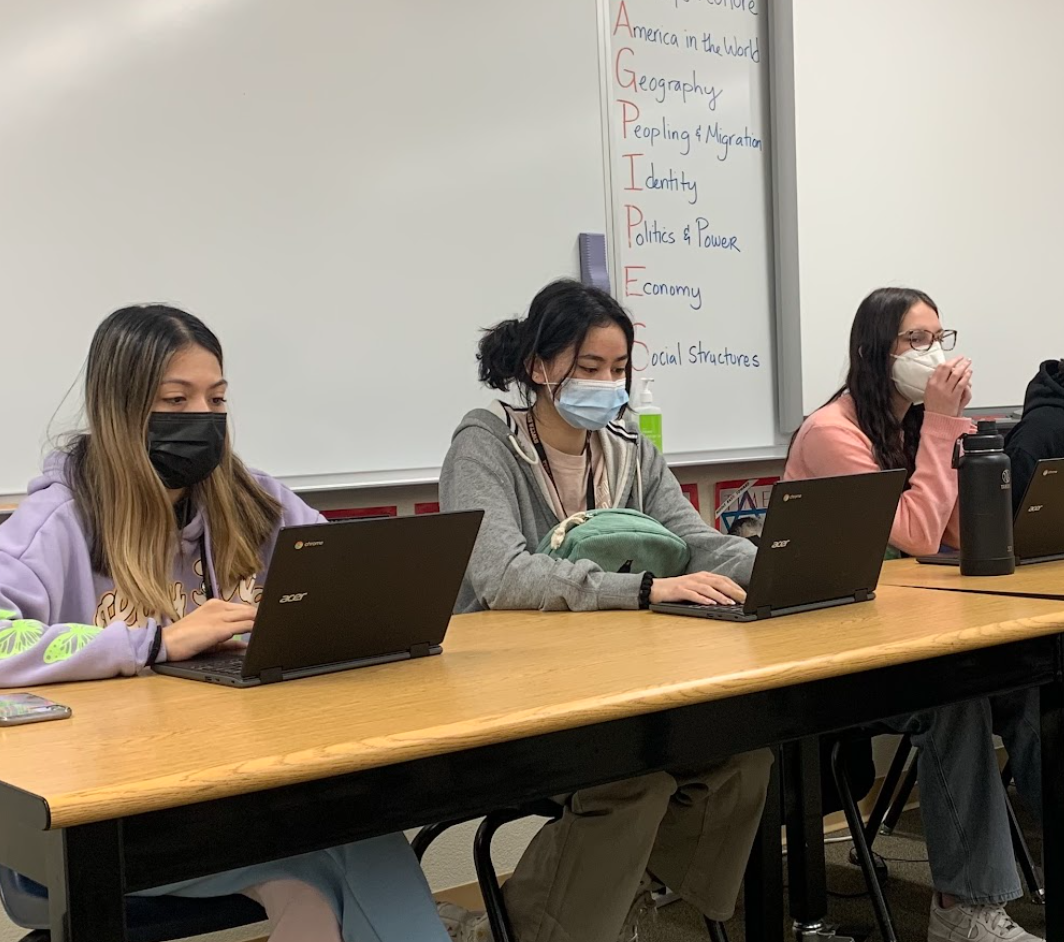
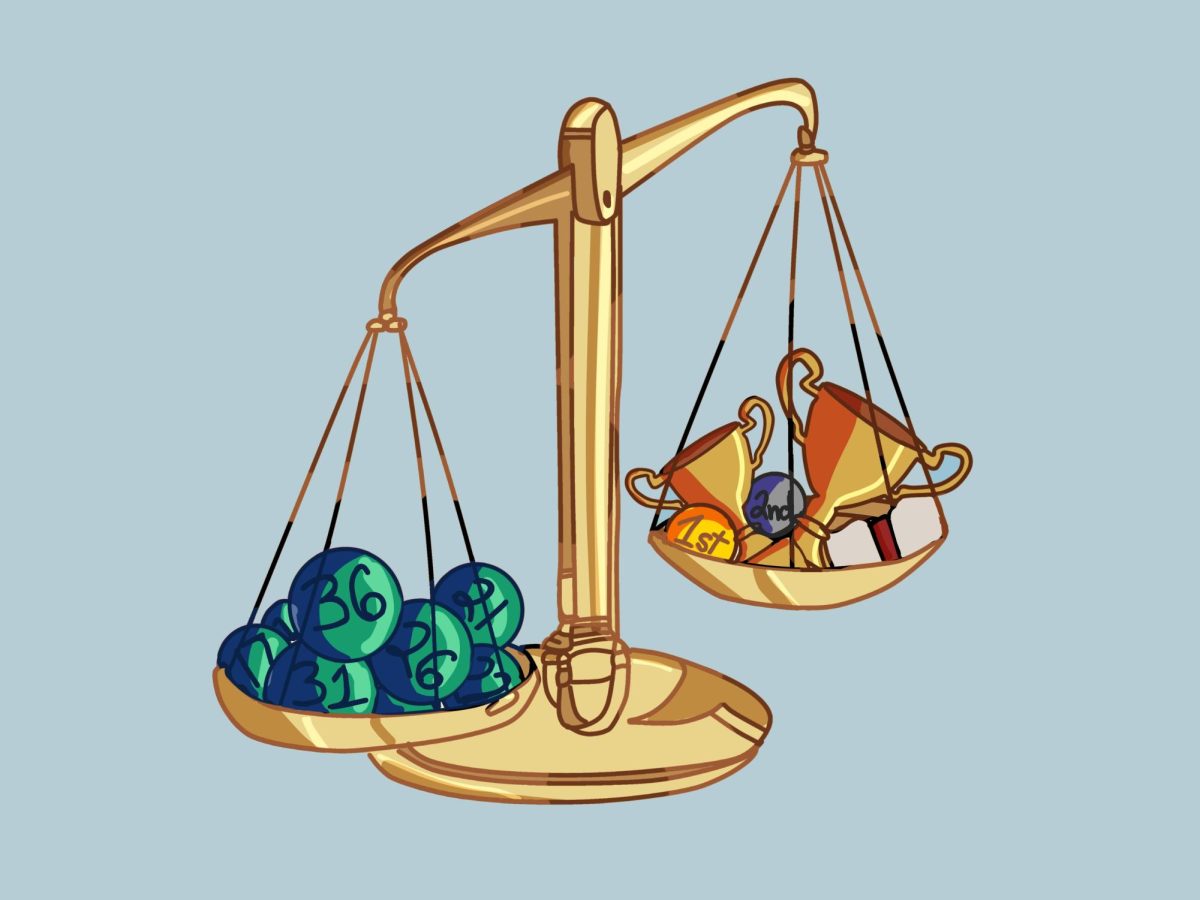

![Weighing her options, senior Allyana Abao decides between going on a practice drive or calling an Uber. Though unlicensed, Abao has considered driving to be a significant milestone of teen independence despite alternatives that provide much easier solutions.
“You're able to be independent and not rely on others,” Abao said. “You're able to get a job, get things that you need, go places you need to go. I have so many places that I want to go to and I ask [my family] for so much. I want to be independent to where they know that I can do things on my own, so they know that they don't have to be there for me.”](https://southwestshadow.com/wp-content/uploads/2025/10/IMG_2922-1200x900.jpg)
![Looking at the board, former BSU secretary Christina Altaye begins to prepare for BSU’s second year of Club Feud. This year, “Are You Smarter Than a Ninth Grader?” will be replacing this event. “I think it’s a fun change [to Club Feud],” BSU Activities Director Hellen Beyene said. “[I think] it’s always fun to do something new and different.”](https://southwestshadow.com/wp-content/uploads/2025/10/Screenshot-2025-09-29-11.06.43.png)

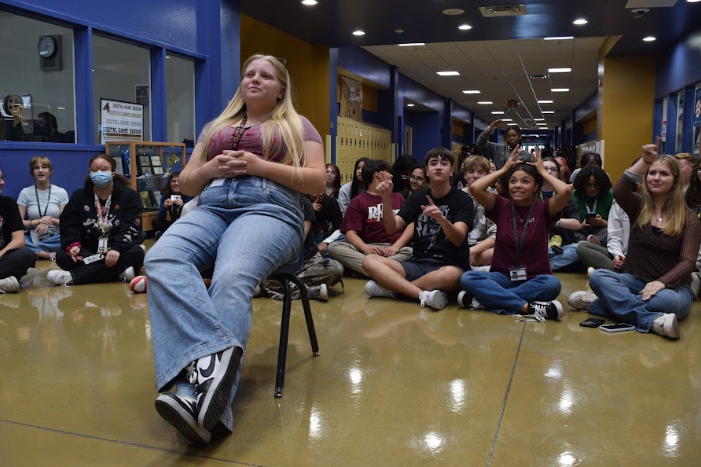

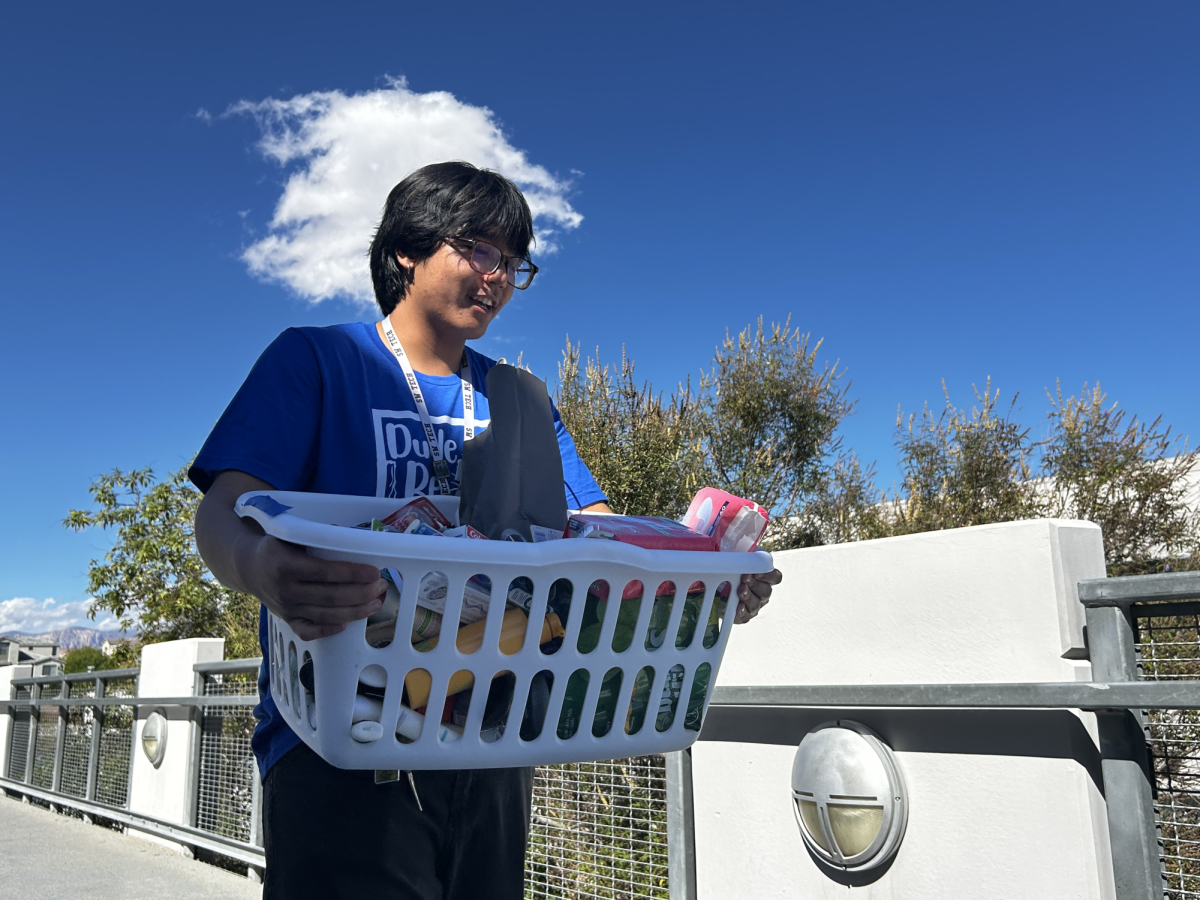
![Displaying a QR code for students to scan, the flyer allows students to sign up and learn about their desired colleges as they visit throughout the school year. Many schools have had additional presentations for students to learn more about what they offer. “For me, I’m interested in criminal justice,” junior Zion Jefferson said. “I know that UNLV and Nevada State University have this major. But, [the college fair] is going to be beneficial, so I can see what other schools offer as well.”](https://southwestshadow.com/wp-content/uploads/2025/10/IMG_2721-1200x900.jpg)
![Working in the Student Success Office, Attendance Secretary Lordis Depiazza inputs a student’s absence excuse note. Students are required to bring an excuse note to the attendance office within three days of any absence. “Reminding students that being in school is important because it reflects towards your grades and being able to do any activities with the school,” Depiazza said. “[It] seems to get the students' attention about wanting to be in school.”](https://southwestshadow.com/wp-content/uploads/2025/10/IMG_8313-1200x800.jpg)
![Arranging the fabric on the floor for a new project, senior Sapphyre-Ann Leung plans out her attire for the next deadline. With the recent closures, students now had limited resources and less margin for error with the fabric and materials they had in stock while trying to reach strict deadlines. “Joann’s had a lot of high-end fabric for our fashion competitions,” Leung said. “We couldn’t just buy ten yards of fabric from Hobby Lobby or Walmart. Since [Joann Fabrics] is no longer open, we have to buy items online, which is way more expensive.”](https://southwestshadow.com/wp-content/uploads/2025/10/IMG_0038-1200x800.jpg)
